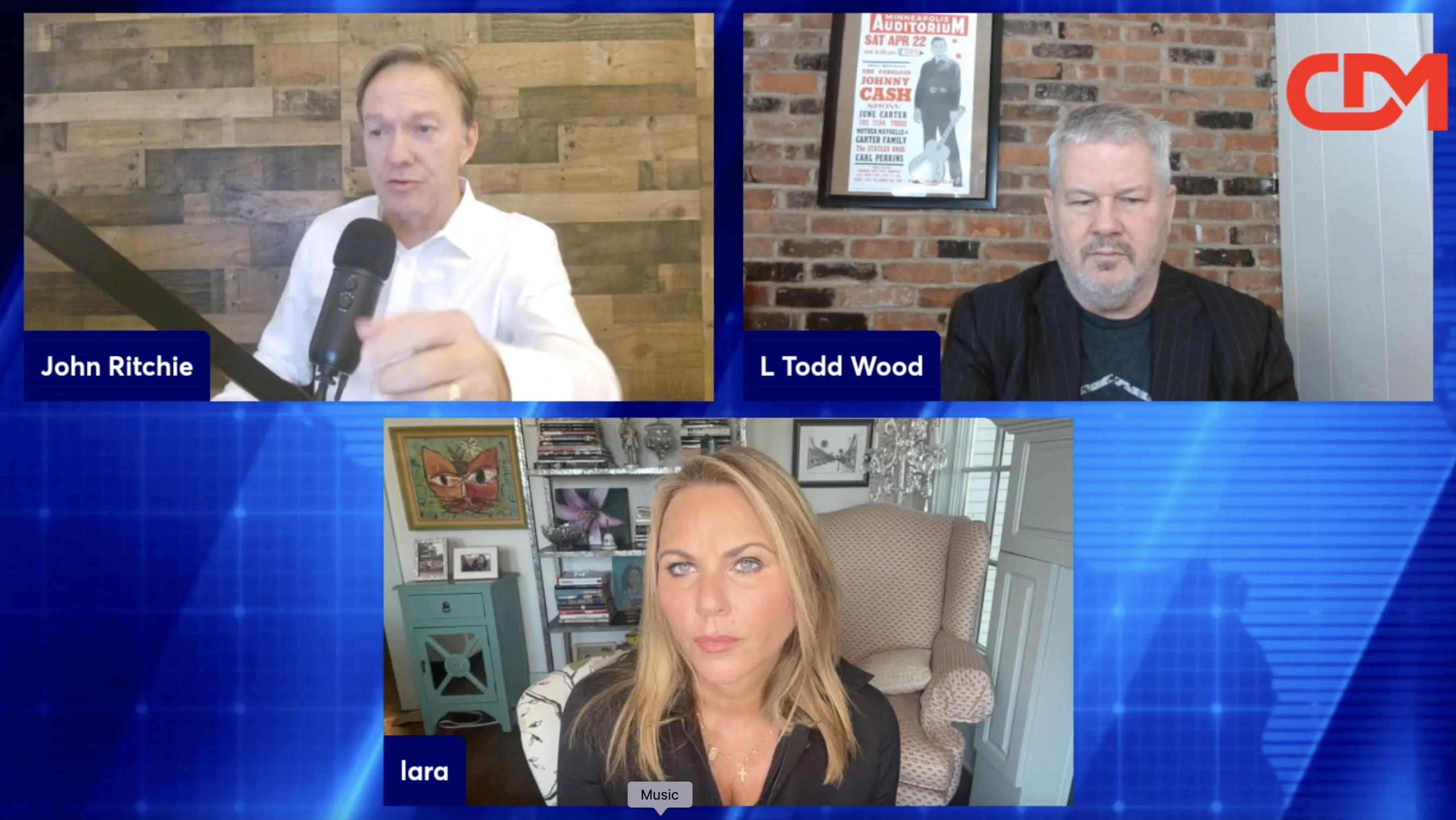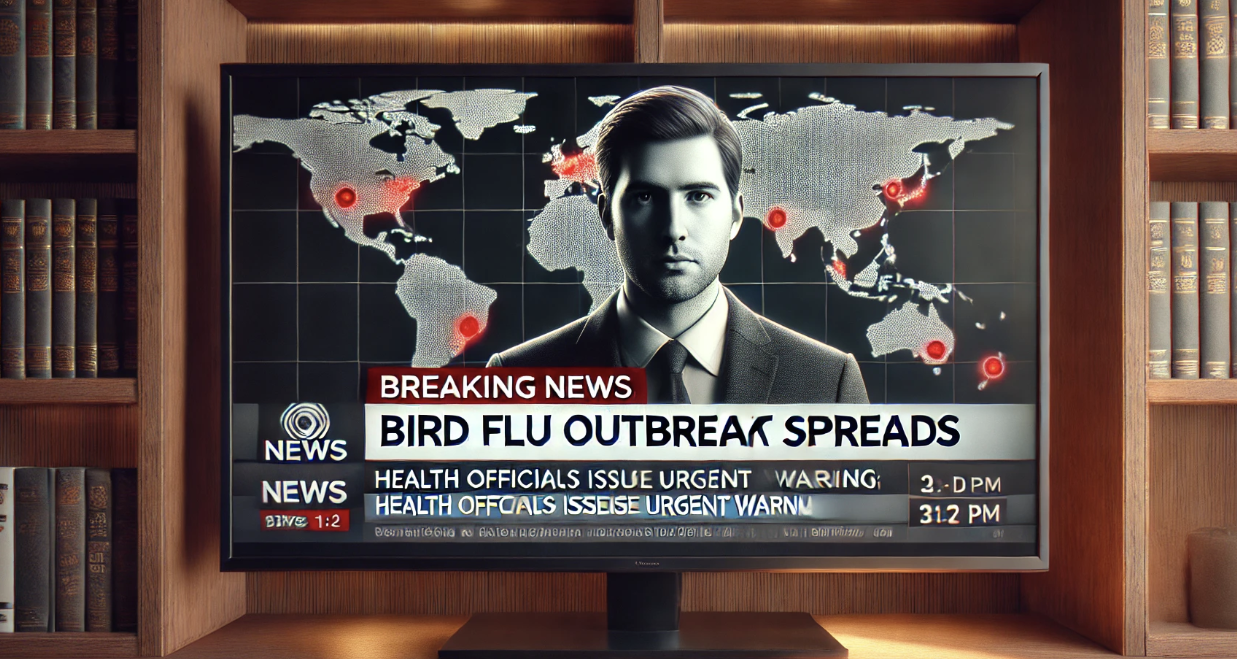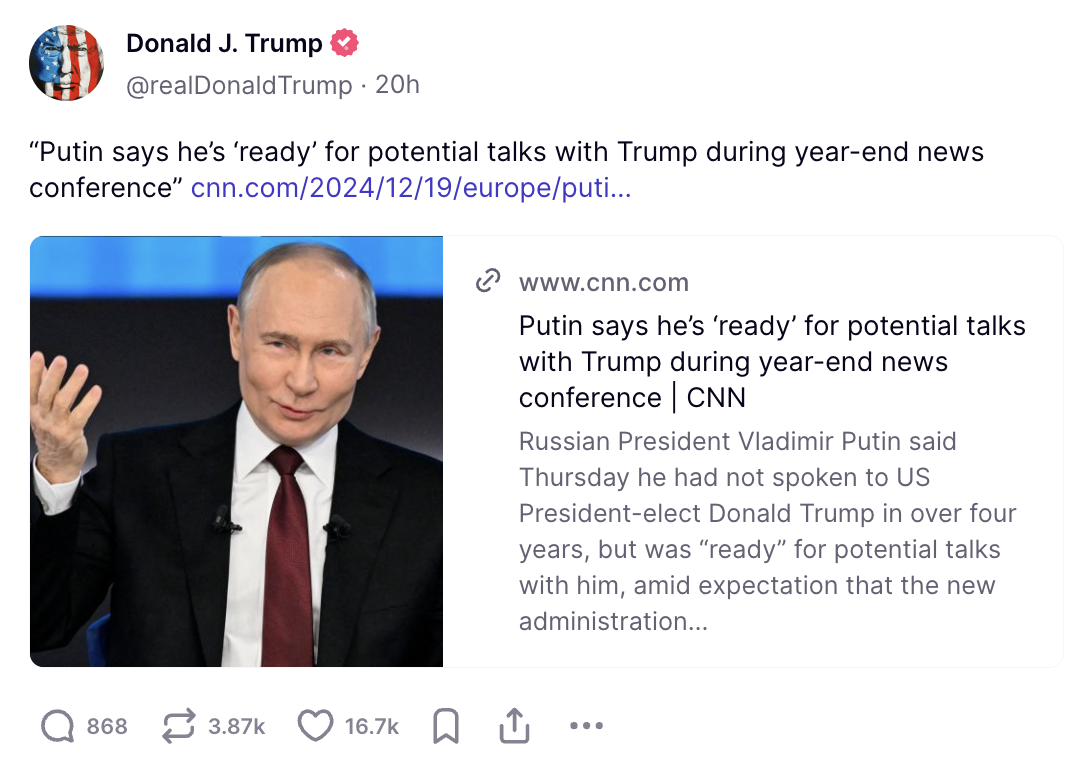
Facebook co-founder Chris Hughes has called for the breakup of his former company in a sobering New York Times Op-Ed.
Which, on one hand, is unremarkable. Virtually everyone who has paid even scant attention to the mercurial rise, unabated acquisitions, privacy breaches (and barely concealed smugness of Mark Zuckerberg when he's called to the Congressional mat to represent his corporation) feels the same way. So why does Hughes' opinion matter?
Because Hughes is in a unique position to speak to Facebook's data-gathering capabilities, privacy overreach, and--perhaps most germane to the discussion--the personality of Zuckerberg, his former classmate and business partner, and the sole man at the helm of the social behemoth, of whom he says:
"In other words, he’s human. But it’s his very humanity that makes his unchecked power so problematic. Mark’s influence is staggering, far beyond that of anyone else in the private sector or in government. He controls three core communications platforms — Facebook, Instagram and WhatsApp — that billions of people use every day. Facebook’s board works more like an advisory committee than an overseer, because Mark controls around 60 percent of voting shares. Mark alone can decide how to configure Facebook’s algorithms to determine what people see in their News Feeds, what privacy settings they can use and even which messages get delivered. He sets the rules for how to distinguish violent and incendiary speech from the merely offensive, and he can choose to shut down a competitor by acquiring, blocking or copying it."
Not exactly a ringing endorsement. The chilling effect of so much power consolidated in one egghead is clear when Hughes describes Facebook's power as it relates to the conflict in Myanmar:
"The most extreme example of Facebook manipulating speech happened in Myanmar in late 2017. Mark said in a Vox interview that he personally made the decision to delete the private messages of Facebook users who were encouraging genocide there. “I remember, one Saturday morning, I got a phone call,” he said, “and we detected that people were trying to spread sensational messages through — it was Facebook Messenger in this case — to each side of the conflict, basically telling the Muslims, ‘Hey, there’s about to be an uprising of the Buddhists, so make sure that you are armed and go to this place.’ And then the same thing on the other side.” Mark made a call: “We stop those messages from going through.” Most people would agree with his decision, but it’s deeply troubling that he made it with no accountability to any independent authority or government. Facebook could, in theory, delete en masse the messages of Americans, too, if its leadership decided it didn’t like them."
Hughes' objection is timely. The world was reminded of Facebook's unilateral power over free speech earlier this week when Facebook banned several alt-right journalists...and one actual hatemonger.
But a Jedi? Really?
Maybe, time will tell. Hughes apologizes for not sounding off sooner, and one wishes he had. Then again, it's not easy to shine a spotlight on the ugly truths of a friend, especially when the friend is literally one of the most powerful people on the planet.

Make no mistake, Hughes has defied the dark lord of big tech, Zuck Vader (which means Bezos is Emperor Palpatine, for those of you keeping score). It's a ballsy move regardless of friendship status. The heap of career corpses at Zuckerberg's feet is substantial, he's not just going to hit "Block" with his light saber handle and move on. You can imagine what Mark is thinking: "Long-form NYT op-ed, that's quite the opening gambit to use on an old roommate, bro."
Why is Hughes doing this apart from what he states?
- A grand attempt to redefine himself. Nothing eats at someone quite like missed opportunity. Sure, at $500 million net worth, Hughes is vastly wealthy. But his dorky pal is worth $70 billion and counting. Taking that guy down a peg or two would feel awesome.
- Putting some light and space between himself and the ultra-Chad Winklevoss twin-bros. Despite the settlement the twins received, rumored to be $65 million, and despite their recently alleged Bitcoin billionaire status, Hughes wants to avoid being seen as another in the short list of "losers" who cashed in early and/or got screwed by Zuckerberg.
- Pop heroism. A mash-up of the prodigal son and David vs Goliath, Hughes can come back to his beginnings and slay the giant. Or simply become the business equivalent of Ronan Farrow, but instead of the white knight who saved starlets from sweaty rape, Hughes could be the hero who saves our data, our very identites, from the tech version of the same fate.
Will Hughes succeed, or become another example of the "exhausting pattern" he himself describes when it comes to Facebook scandals, "...first outrage, then disappointment and, finally, resignation"? In any case, wise he would be to keep in mind the words of Jedi master Yoda:
"When you look at the dark side, careful you must be ... for the dark side looks back."
























